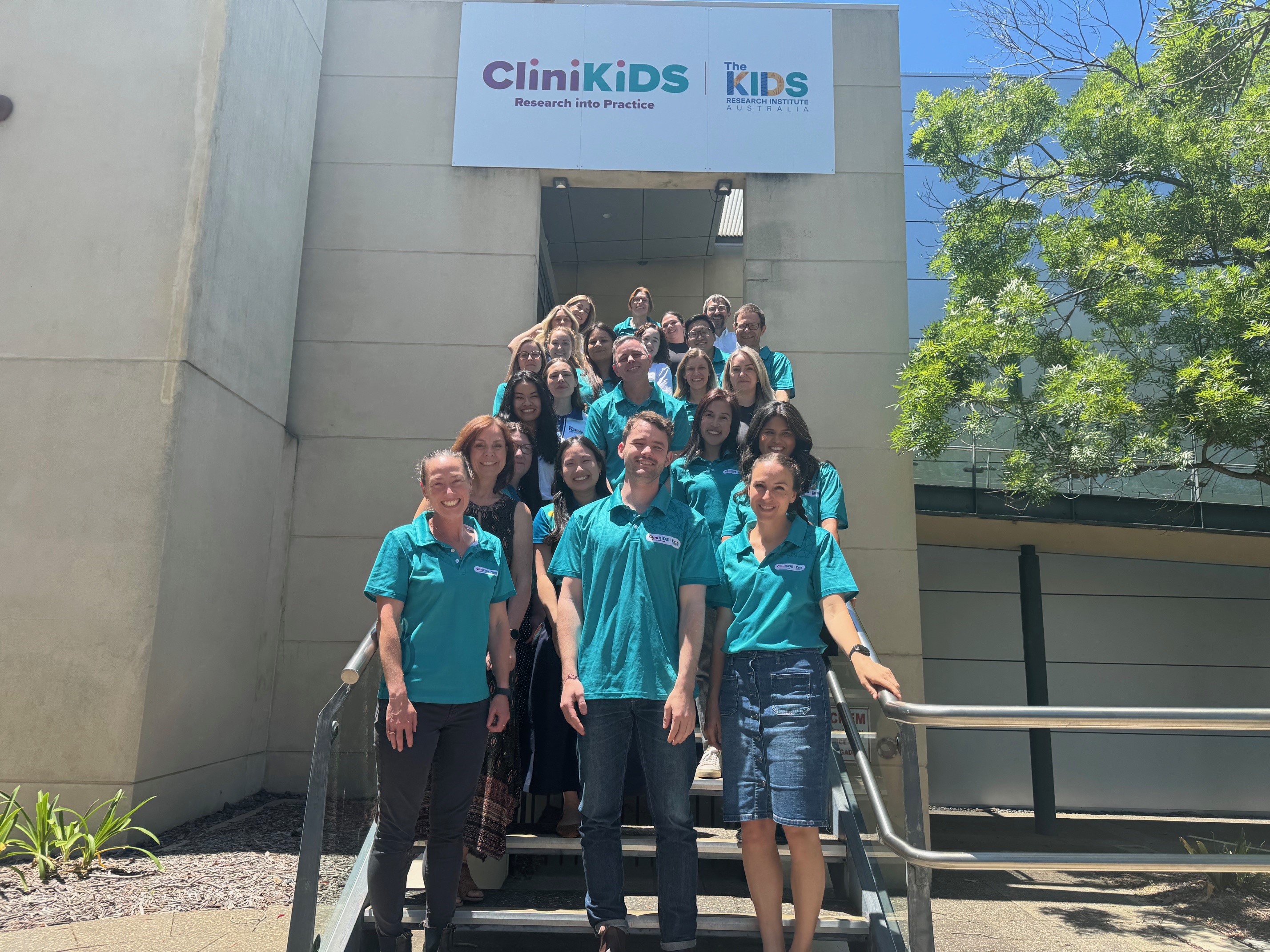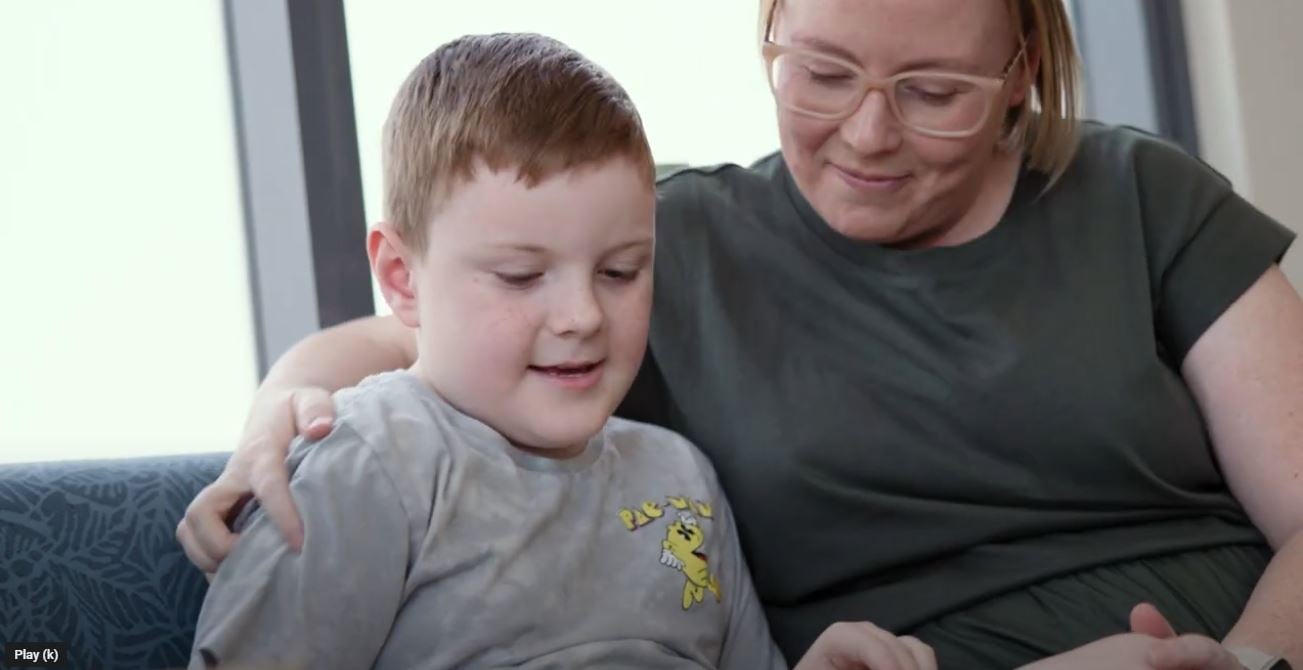Search

News & Events
Team update - December 2025Here is a rundown of staff movements within the clinical team including new faces, staff returning from parental leave and a colleague we soon will farewell for an exciting new adventure.


News & Events
Unpacking PACT - Katie's storyPACT is a program for caregivers of children who would like some additional support to understand their child’s communication.

Telehealth service delivery is used extensively in allied health to provide services to individuals who are not able to attend therapy sessions face to face.
FAQ about CliniKids, The Kids' clinical service for children with autism and/or developmental delays, and their families.
Evidence-based paediatric speech therapy in Perth, tailored to each child’s needs.

News & Events
Healthy and happy toiletingIn this blog, Occupational Therapist Ally Raphael offers tips for successful toilet training.

News & Events
New staff - JoondalupThere’s a couple of new faces at our Joondalup clinic! Mikali is a Speech Pathologist and Katie is an Occupational Therapist. Both are taking on new clients.
Research
Genome-Wide Analyses of Vocabulary Size in Infancy and Toddlerhood: Associations With Attention-Deficit/Hyperactivity Disorder, Literacy, and Cognition-Related TraitsThe number of words children produce (expressive vocabulary) and understand (receptive vocabulary) changes rapidly during early development, partially due to genetic factors. Here, we performed a meta-genome-wide association study of vocabulary acquisition and investigated polygenic overlap with literacy, cognition, developmental phenotypes, and neurodevelopmental conditions, including attention-deficit/hyperactivity disorder.
